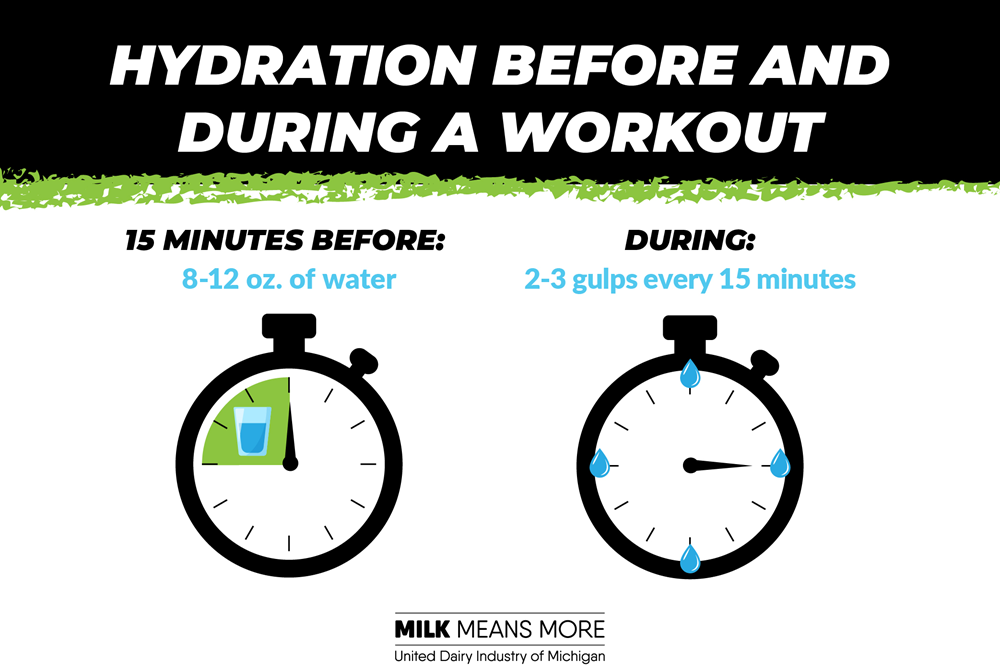
Snap, Crackle & Pop: Why Do My Knees Make Noises - And Should I See a Doctor?
April 5, 2022
Do you ever just go about your daily life and then, seemingly out of nowhere, your knee makes a noise?
You might call it a weird idiosyncrasy and not think twice about it—or you might turn to the Internet to try and find all of the potential issues that might be wrong with your knee.
But if your knee pops or cracks once in a while, it’s usually no cause for concern. After all, joints sometimes make noises, and knees are no exception (especially when you squat or sit down.)
“Infrequent knee pops and cracks are more common in the younger population, says Nancy White, M.D., a sports medicine physician at Henry Ford Health. “When you feel that ‘pop,’ it means your kneecap was pulled a bit outside of where it’s supposed to be, and so it’s correcting itself and getting back into position. You can kind of feel that something moved.”
If, however, pain or swelling accompanies a noisy knee, you should have it evaluated by a sports medicine provider. And if your knee is popping or cracking regularly, that's another sign you should have it checked out.
“If you let it go, your knee could get worse,” says Dr. White. “There are recommendations a doctor can make to prevent this from happening, such as strengthening and flexibility exercises.”
What Is Knee Crepitus?
If your knee sounds like Rice Krispies crackling (or you experience a grinding sensation) it likely means you have knee crepitus, which can signify the beginning of osteoarthritis behind the kneecap.
“Knee crepitus is primarily caused by an issue called patellofemoral dysfunction,” says Dr. White. That sounds like a mouthful, but it means that your knee isn’t tracking straight up and down like it’s supposed to.
“There’s cartilage on the back of your kneecap and on the front part of your thigh, and the cartilage on the front part of your thighbone makes a groove so the kneecap can glide straight up and down in a floating position,” says Dr. White. “If the cartilage is worn down (and inflamed, worn-down cartilage signifies osteoarthritis), the kneecap can’t smoothly glide up and down, causing knee crepitus.”
If you are experiencing knee crepitus, you should see a sports medicine primary care physician, especially if it is accompanied by pain. They can recommend a variety of treatments, such as physical therapy and cortisone injections.
Still not sure if your noisy knees are cause for concern? When in doubt, call your doctor. After all, the sooner your doctor can examine it, the sooner you can prevent an issue from getting worse.
To learn more about your orthopedic condition or to find a provider, visit henryford.com/ortho.
Dr. Nancy White is a sports medicine physician with Henry Ford Health. She sees patients at Henry Ford Medical Center – Novi, and Henry Ford Medical Center – Bloomfield Township.

Coach's Guide to Nutrition: Hydration
June 10, 2024
Stay hydrated during exercise. Encourage athletes to take at least 2-3 sips (2-3 ounces) of water every 15 minutes.
 Exercising for more than an hour? Sports drinks can help replace fluid, carbs and electrolytes.
Exercising for more than an hour? Sports drinks can help replace fluid, carbs and electrolytes.
Some athletes do not feel thirsty while they are active, so regular water breaks are important. As always, if they feel thirsty, let them grab a drink. If they feel dizzy, confused or nauseated, they should STOP and tell a coach or teammate. This may indicate they are dangerously dehydrated. Access to water should NEVER be used as a punishment.
Athletes should also look for these symptoms in teammates and remind them to hydrate when necessary. For a more individualized recommendation or for athletes with a cramping history, refer them to a Registered Dietician Nutritionist (RDN).
Dehydration Warning Signs:
- Cramping
- Nausea
- Dizziness
- Confusion
Information above is excerpted from UDIM’s A Coach’s Guide to Nutrition.


